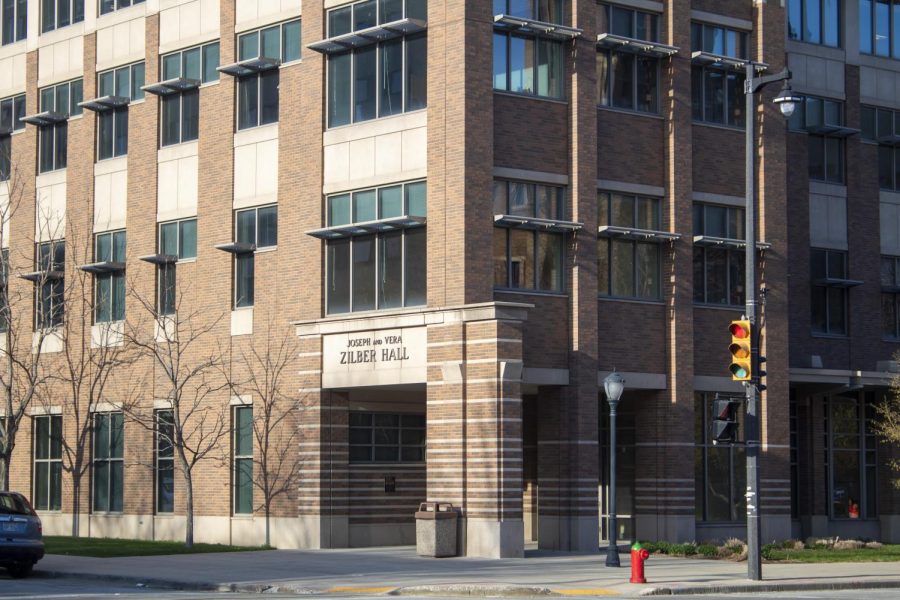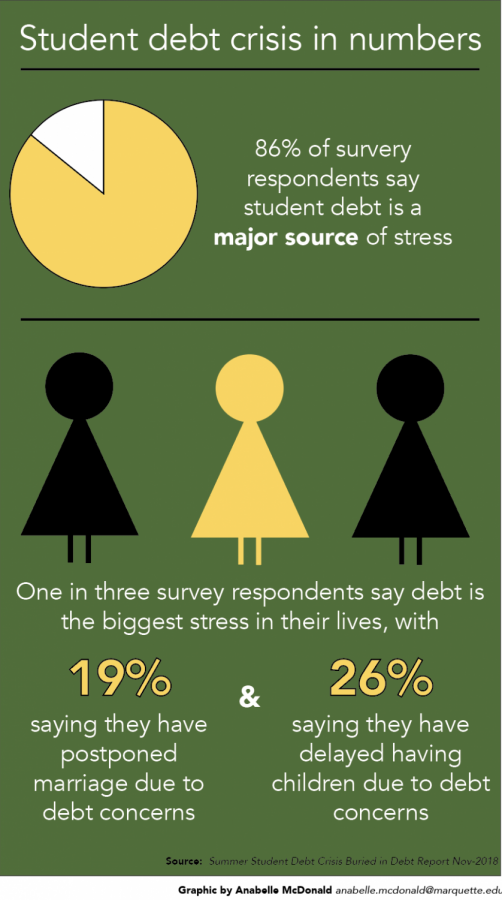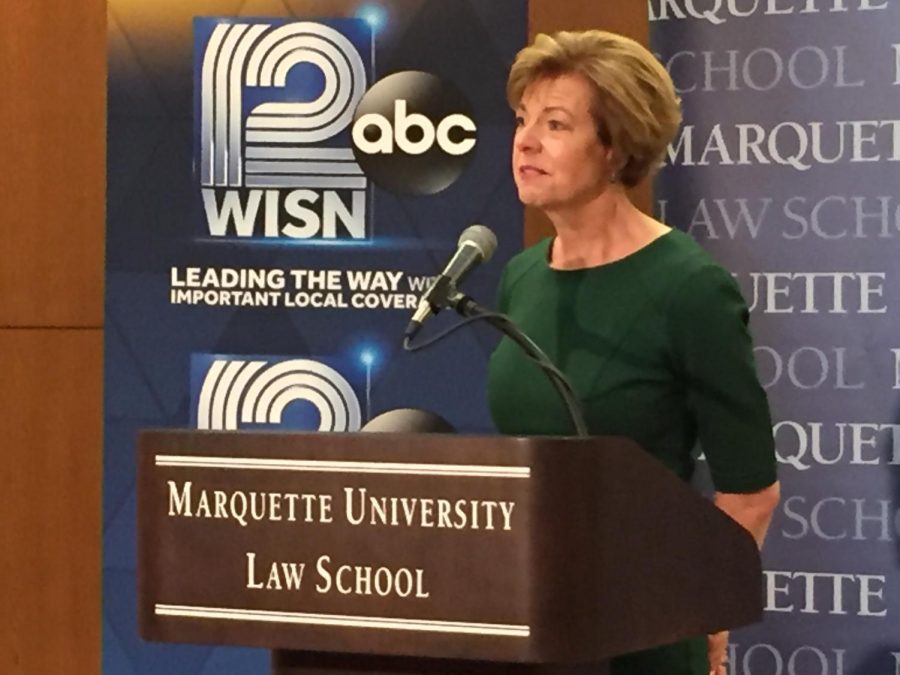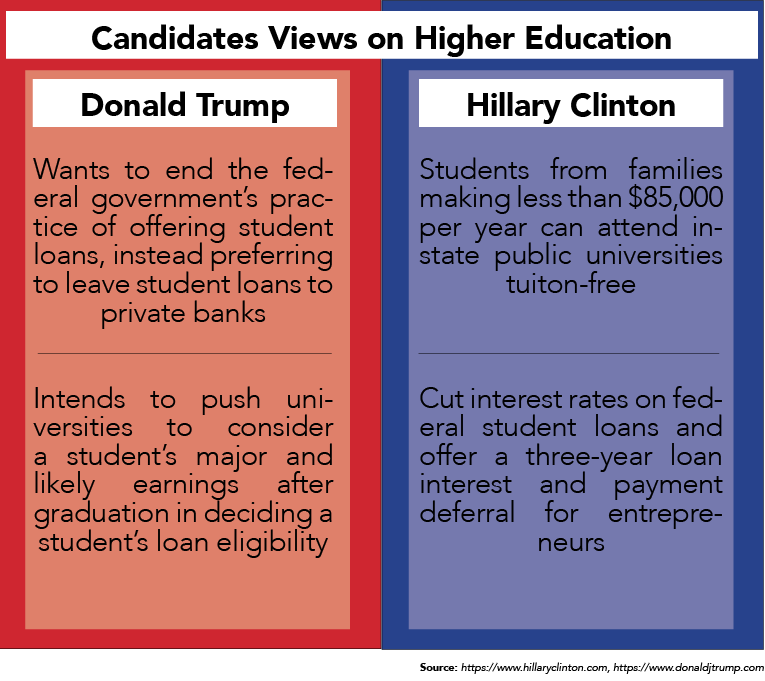The United States has changed a lot in 40 years. Globalization has led to a new era, where people are more easily informed and able to access the information they need. It has also led to a decrease in American jobs, an increase in illnesses traveling from country to country and a need for stronger social programs in order to promote growth. However, the United States higher-learning system has not adapted to the wants and needs of the American people.
Currently, the Supreme Court is deliberating as to if Biden’s student loan forgiveness plan is constitutional. I believe that not only is the bill constitutional, but necessary in order to ensure that college remains accessible to those who want to attend.
The bill gives the Secretary of Education the power to waive or modify student loans in order to make sure that debtors are not worse off due to a national emergency. As the United States is still recovering from a pandemic-induced recession, the bill would seek to help lower the current $1.6 trillion dollars in student debt that currently exists.
I believe that as a past presidential administration was responsible for the now insurmountable cost of university education, and subsequently the amount of debt related to university costs, a new administration should be able to counteract the damage done.
Although for most people in the United States today, the exorbitant cost of college does not come as a shock, it has only been an accepted reality since the 80s, when Reagan’s economic plans for the United States began to take form.
Currently, out-of-state tuition in the United States averages around $27,279, a cost that is supremely high in comparison to other developed countries. Additionally, these costs continue to rise when looking at private institutions like Marquette University. With an average tuition cost of $47,690, and tuition spikes constantly increasing the already high cost of tuition, Marquette is just one of the many higher learning institutions that has to continue raising costs in order to keep up with the market.
Additionally, although 83.8% of students receive some form of financial aid, the national average aid is $11,836, which does not cover even half of the tuition at most higher-learning institutions in the country.
The push for less regulation of the free market and the belief that decreasing social spending and implementing tax cuts would inevitably increase economic growth would become synonymous with the Reagan administration, and so would many of the effects of Reaganomics that continue to persist today.
The London School of Economics conducted a study to estimate the causal effects of major tax cuts on the rich using data from 18 countries spanning more than 50 years.
Not only did this study conclude that implementing tax cuts on the wealthiest residents of a country increased income inequality, but it also provided data that corroborates that there were no correlational benefits in employment or GDP. This substantiates the financial realities of America currently, as Reagan’s “trickle-down economics” have only left an obstacle behind for those who are not almost exorbitantly wealthy.
Globalization has made job searches almost impossible for anyone without a college education, as exporting labor and automation become increasingly accessible options for organizations. As such, young people feel forced to attend university in order to be able to become hopeful successful members in society.
Instead, they are often left with a debt that financially sets them back before they’ve even had the chance to establish themselves in their fields of work.
These financial stressors might be increasingly commonplace in the nation, but that doesn’t mean that they should be. The people who carry these debts will undoubtedly continue to be negatively impacted by them, especially as national emergencies such as the Covid pandemic continue to arise, and the ongoing financial situation of the country continues to evolve.
In order for the United States to move into a more prosperous period, legislation that lessens financial inequality and increases access to resources such as education needs to continue and undo the damage made by past administrations.
This story was written by Clara Lebrón. She can be reached at [email protected].




